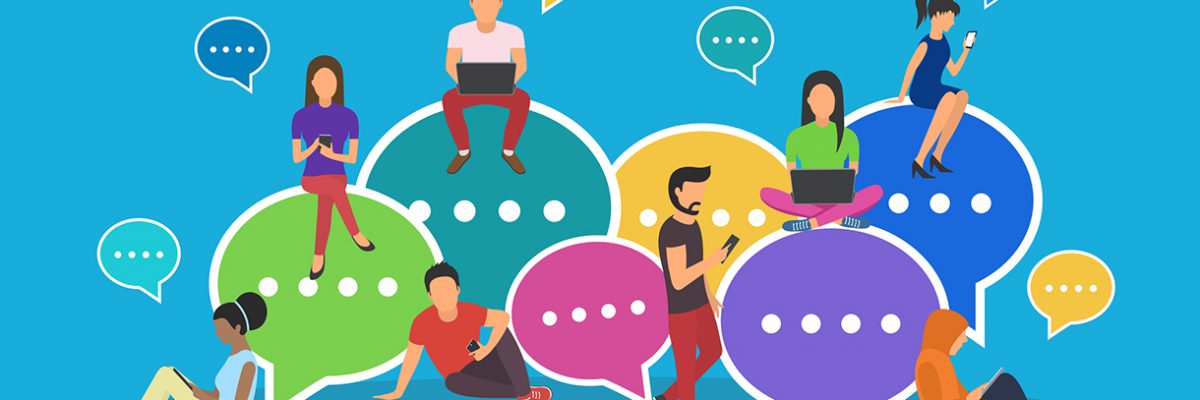
Doing good feels surprisingly good. That’s the bottom line of two new Current Directions in Psychological Science research summaries.

Imagine that we designed a fully intelligent, autonomous robot that acted on the world to accomplish its goals. How could we make sure that it would want the same things we do? Alison Gopnik explores. Read or listen!

The more a person stares at themselves while talking with a partner in an online chat, the more their mood degrades over the course of the conversation, a new study finds. Alcohol use appears to worsen this effect.
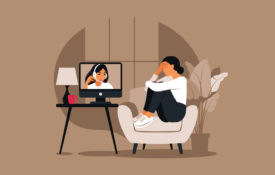
To speak about self-injury and how online communities might help, Emma Preston, an APS member and graduate student at the University of Southern California, joined APS’s Ludmila Nunes.
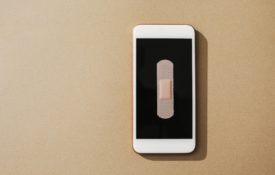
The amount of time you spend each day using different smartphone apps may be enough to reveal your identity, according to new research published in the journal Psychological Science.

Psychological science can help decrease the negative consequences of Internet use.

Data from more than 17,000 teenagers shows little evidence of a relationship between screen time and well-being in adolescents.

A study shows how much people criticize their employers and colleagues on social media, and what consequences they face when they do so.

The allure of smartphones, and their impact on our relationships, might be the result of our evolutionary history, researchers suggest.

Students who surfed the web in a college course had lower scores on the final exam than did those who didn’t go online.

Psychological scientists and other researchers are exploring the ways that online communication is affecting the formation of friendships and romantic relationships.

New findings from over 120,000 adolescents in the UK indicate that the relationship between screen time and well-being is weak at best, even at high levels of digital engagement.
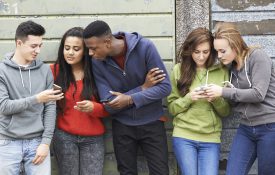
Data from an online smoking cessation intervention demonstrate the potential of bringing evidence-based mental health care to a wider range of people via the internet.

A comprehensive research report provides an evidence-based guide that parents, educators, and app designers alike can use to evaluate the quality of so-called “educational” apps.

Lesson plans about the effects social media has on our mood and about retrieval-induced forgetting.

Scrolling through apps on a smartphone might actually sap cognitive resources rather than restoring them during breaks.

The same brain circuits that are activated by eating chocolate and winning money are activated when teenagers see large numbers of “likes” on their own photos or the photos of peers in a social network

Researchers find that teenagers’ online lives closely resemble their offline experiences, but bullying is one area where the digital age may be introducing new risks.

A sample of articles on effort, the origins of disease, control and attention, the predictive mind, digital parenting, psychopathology models, spatial representations, and more.

Researchers explore the causes and consequences of bullying that occurs through Facebook, text messages, and other digital platforms.

Sometimes the words we choose say more than we intend. New research on a fact-checked collection of tweets from former president Donald Trump uncovered telltale word choices when he was being deliberately misleading. [Video Included]

Recent highlights from APS journals articles on learning about the self, mental health interventions, representational momentum for physical states, and much more.

Researchers in Germany examined how people’s connectedness to social media platforms such as Facebook influence users’ self-concept.

Whether a complement to a standard classroom environment or a cornerstone of Web-based classes, online discussion boards are becoming a staple in higher education. APS Past President Morton Ann Gernsbacher discusses how to make those discussion boards as engaging and interactive as possible.
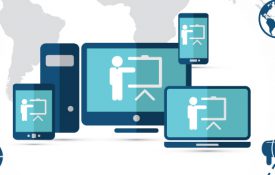
APS Past President Morton Ann Gernsbacher designs her online psychology courses to encourage students to engage with content more deeply than they might in traditional college classes.

Six months into the COVID-19 pandemic, a new set of practices has begun to take shape in how psychological scientists teach and conduct research. A global survey of the field reveals the scope of the impact, along with strategies being used to overcome the considerable challenges associated with moving research and learning from in-person laboratory settings and classrooms to online platforms.

A study of employees in South Africa indicates that people generally view their experiences with smart phones, emails, and wireless networks with more positivity than negativity.

There has been little to no increase in the association between adolescents’ technology engagement and mental health problems.

Twitter can serve as a dashboard indicator of a community’s psychological well-being and can predict county-level rates of heart disease.

While people tend to share political information with those who have similar ideological preferences, research indicates that Twitter is more than just an “echo chamber.”
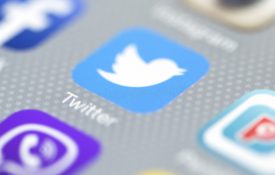
Three experts share their experiences and knowledge about conducting online research: from applying for funding to creating experiments and collecting data.

Cell phones and social media can help teens cope with stressful events.
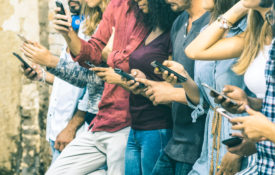
Scientists may be heard above the din of misinformation by going to where most people get their information—social media.
